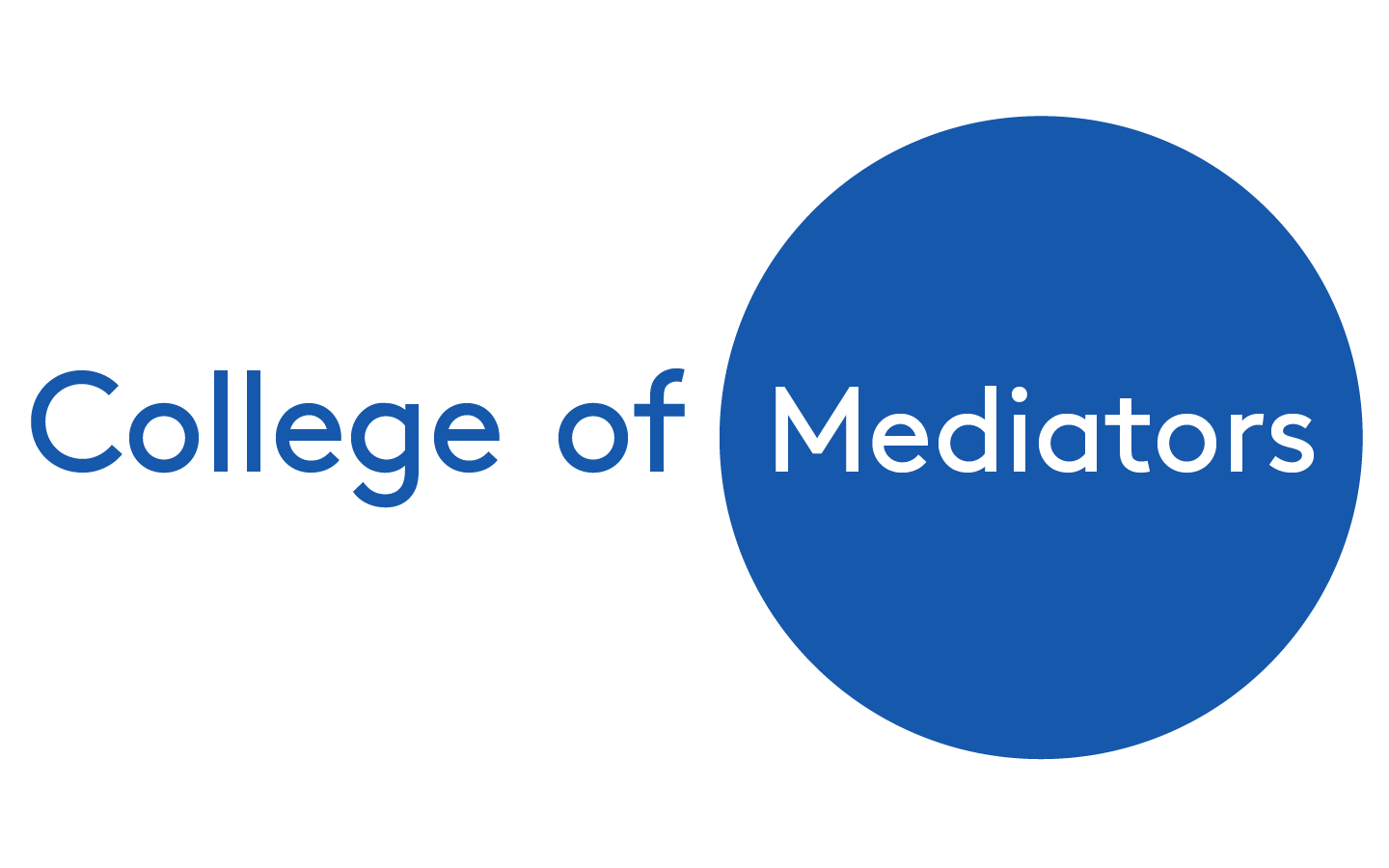The College of Mediators (CoM) and Civil Mediation Council (CMC) are both independent standard setting bodies and offer membership to professional mediators working in a number of different contexts.
CoM and CMC collaborated to produce Professional Standards for Mediators working with Special Educational Needs & Disability (SEND) in England and Wales for Special Educational Needs and Disability (SEND) Mediation. We are very grateful to the Department for Education (DfE) for their support of this work. The standards were created, using examples of best practice, by a working group from the SEND Mediation field, including Global Mediation, KIDS, Prime Resolution, Steve Hindmarsh and Together Trust.
Since the launch of the SEND Mediation standards in May 2018, a panel of assessors has been appointed to assess applications for mediator accreditation and training approval. These standards have now been updated again (2024) and include the new Legal Test for new SEND mediators
Once mediators have successfully completed an approved SEND-Specialist training course and the necessary supported practice following this, they will be eligible to apply to join the register of accredited SEND mediators, which is jointly maintained by the College of Mediators and the Civil and Commercial Mediation Council. The register can be found here.
Information for Parents
If you are a parent of a child or young person with SEND and considering using Mediation, please read the Information for Parents document.
Please contact the College of Mediators or Civil Mediation Council offices with any queries about SEND Mediation standards:
admin@collegeofmediators.co.uk or applications@civilMediation.org
Supported by the Department for Education.
Calling all SEND mediators – HALF PRICE first-year membership offer!
There has been much discussion in the aftermath of the government’s Green Paper proposal for mandatory SEND mediation. Whether this goes ahead or not remains to be seen, but whatever the decision, it is likely that a greater emphasis on SEND mediation is on its way.
In our role as a regulatory body, the College of Mediators supports the need to uphold the highest professional standards in this important and rapidly growing mediation sector. Therefore, we are offering SEND mediators, who are not yet members of the College, this offer of 50% of the full membership fee. To qualify for this, you must:
- Have completed both foundation and SEND-specific mediation training through a College-approved course.
- Apply to join the Register of accredited SEND Mediators within your first month of membership. Please see the Professional Standards for SEND Mediators for the criteria to join the Register.
Register of accredited SEND Mediators
Professional Standards for Mediators working with Special Educational Needs & Disability (SEND)
To take us up on this offer, please click here to join.
